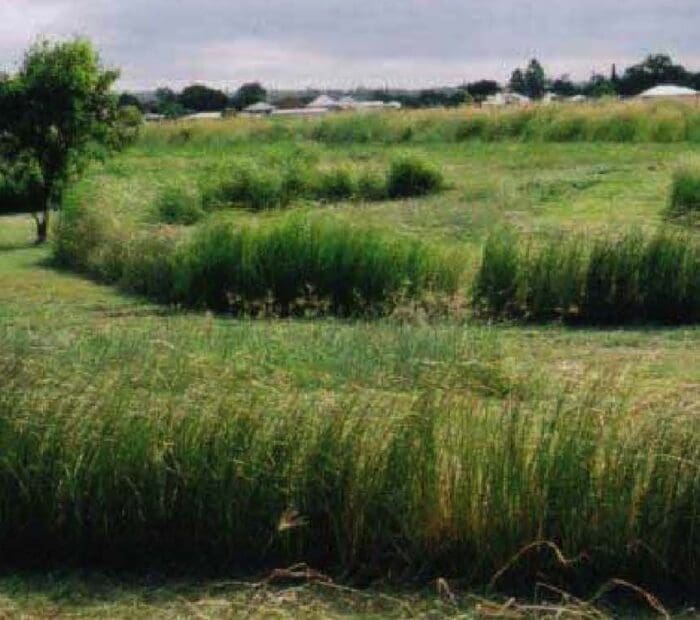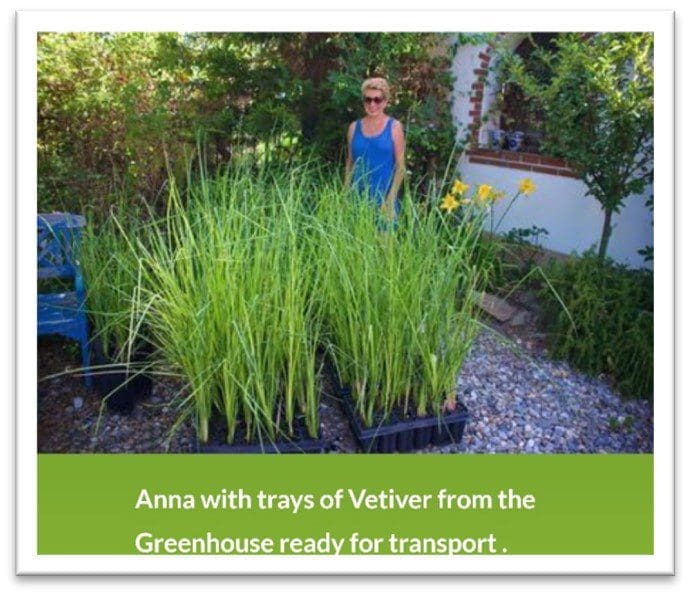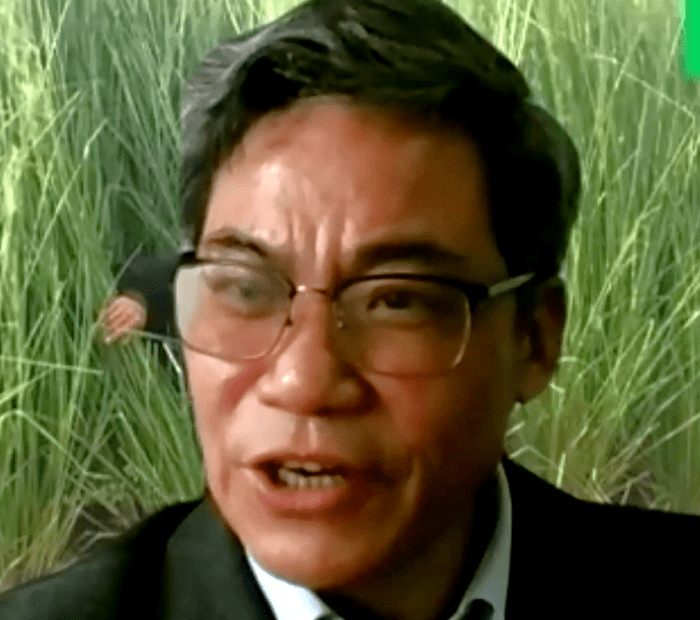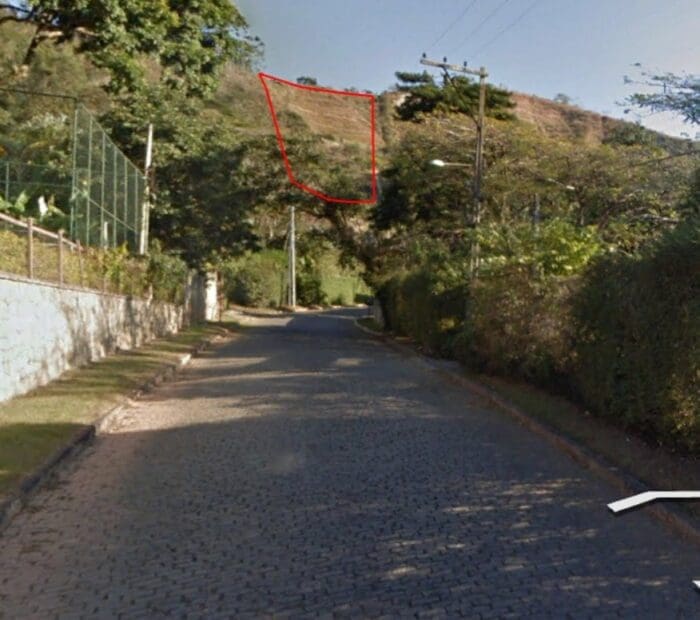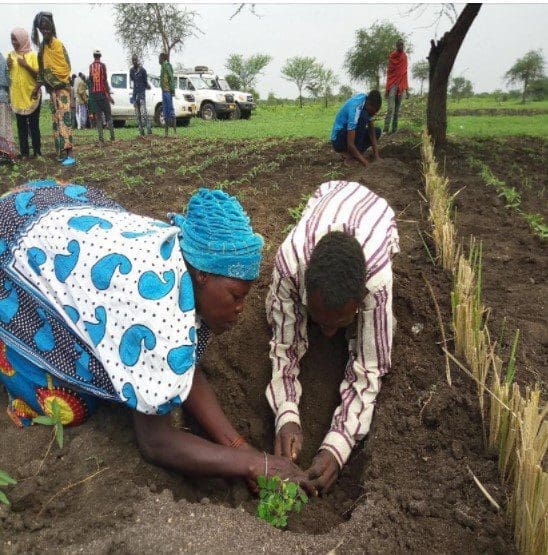Vetiver System Short Video Competition with Cash Awards
A Short Video Competition with the theme “Vetiver System – A Climate Smart Technology” has been jointly organized by the Office of Royal Development Projects Board (ORDPB) of Thailand and The Vetiver Network International (TVNI). Cash AWARDS totaling US$8,000
Purpose: To demonstrate, through appropriately focused short videos, the development, application, promotion, dissemination and impact of the Vetiver System (VS). Special attention should be given to the importance of VS for building community resilience and adaption to increasingly common extreme weather events and changing climate.… Read the rest “Vetiver System Short Video Competition with Cash Awards”
